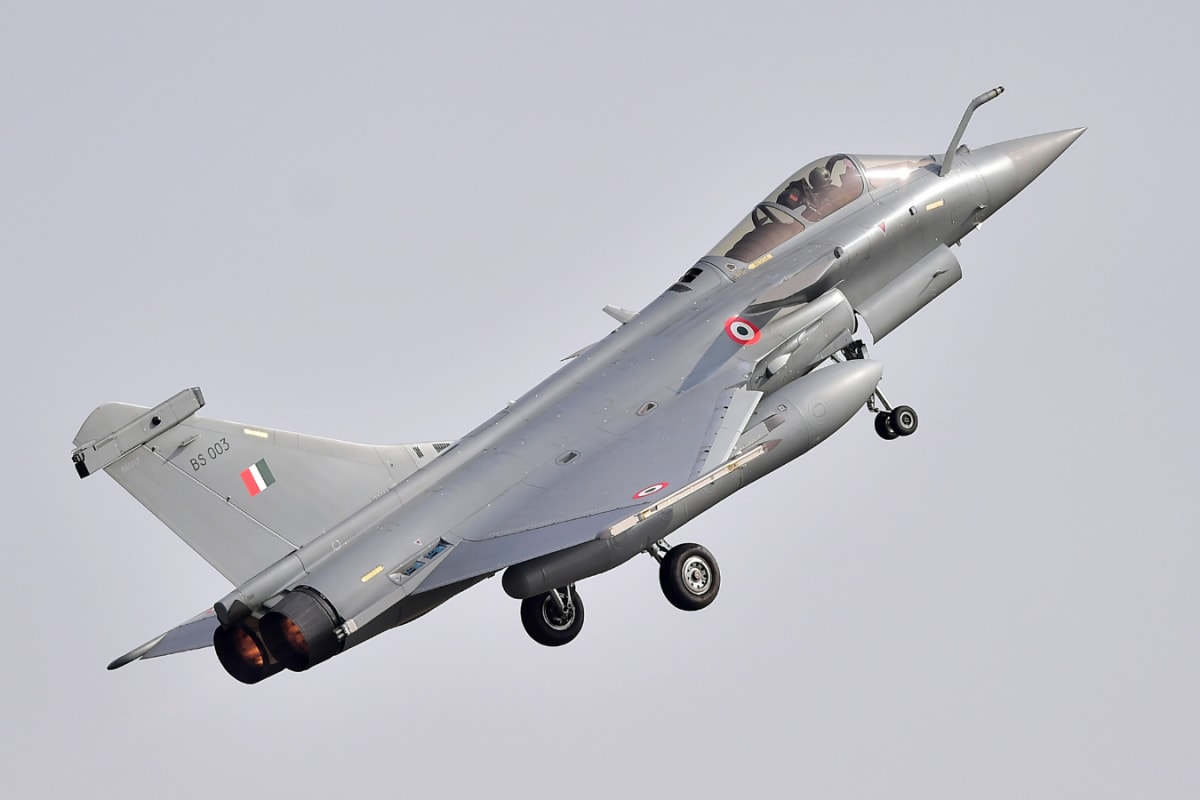

India's Defence Secretary RK Singh has refuted claims that Pakistani forces shot down Indian Rafale fighter jets during Operation Sindoor. Singh firmly stated that such reports are inaccurate and do not reflect the reality of the events. He emphasized that Pakistan suffered significantly heavier losses than India in terms of both personnel and equipment. Furthermore, he noted that over 100 terrorists were neutralized during the operation.
The Defence Secretary addressed the issue in response to questions about potential losses on the Indian side. While declining to provide specific details about Indian losses, he asserted the overall strategic advantage and minimized Indian losses. He specifically addressed the use of "Rafales" in the plural, assuring that the claim of multiple losses was "absolutely not correct".
Operation Sindoor was launched following the Pahalgam attack and involved four days of intense fighting before both sides de-escalated. The operation's success has reportedly boosted the demand for Indian-made defense equipment. Defence Minister Rajnath Singh highlighted the increase in global demand for Indian defense products following Operation Sindoor, noting the world's military expenditure exceeding $2.7 trillion in 2024 as a major opportunity for India. He also emphasized the importance of strategically utilizing India's substantial defense budget, which surpasses the GDP of several countries.
The controversy surrounding the Rafale jets began after remarks made by an Indian defense officer in Indonesia, suggesting that the Indian Air Force had suffered losses early in Operation Sindoor due to restrictions against attacking Pakistani military. The Indian embassy in Jakarta intervened, clarifying that the officer's comments were taken "out of context". The embassy emphasized that Operation Sindoor was a targeted response aimed at terrorist bases.
Adding another layer to the narrative, French intelligence has accused China of orchestrating a disinformation campaign to discredit the Rafale fighter jets following Operation Sindoor. This campaign allegedly involved using Chinese embassies to lobby countries like Indonesia to avoid further Rafale purchases and promote Chinese alternatives. The alleged disinformation campaign included manipulated images of Rafale debris, AI-generated content, and social media accounts spreading narratives of Chinese technological superiority. The French Defense Ministry considers the Rafale a strategic asset and has pushed back against what it describes as a vast disinformation campaign. In response to these allegations, China has stated that the claims are groundless rumors and slander, maintaining a responsible approach to military exports.